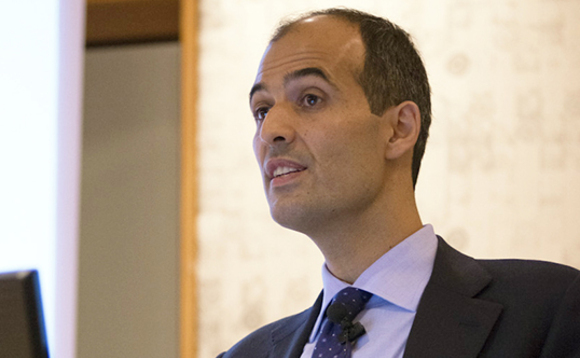
Italian GPs cash in as valuation gap narrows

Last year was challenging for Italian private equity; fundraising remained low and exits were few and far between – though stuttering deal volume was punctuated by a handful of large buyouts, boosting deal value. But it wasn’t all bad. Amy King reports
"Multiples looked strong, though, and it was one of the best years for quite some time," says Dimitri Christopher, partner and head of private equity in Italy at PwC. "The valuation gap is finally coming down. They're starting to pay for growth again, because there was a huge discount for growth in the past, so there's a bit more value on that. And on the other side, about 50% of private equity investments have been in the portfolio since 2009. That's the real mixed challenge for private equity in Italy; delivering successful exits. That's what a lot of GPs will be focusing on in 2014."
Historically, trade sales take the lion's share of exit dealflow in Italy, followed by secondary buyouts. According to unquote" data, trade sales accounted for 29% of exits last year, with secondary buyouts trailing by 5%. Perhaps the most notable exit of 2013 was the Moncler floatation. Is this a sign of things to come?
"There might be a few IPOs in 2014, but not many. Talking to entrepreneurs, the consensus is that the equity markets are coming back into play in terms of IPOs and they haven't been thinking about listings for years. It's an option, but I don't think it's going to dominate private equity exits by any means," says Christopher.
When it comes to secondaries, will assets begin once again to fall into the hands of pan-European players? "We know there has been a flurry of pan-European players leaving Italy. But they haven't closed the door on Italian deals – they're certainly seeing interesting opportunities, but they are sourcing them from outside of Italy," says Christopher. Indeed, Charterhouse made its debut on the Italian market in 2013 with the acquisition of pharmaceutical firm Doc Generici. And BC Partners has once again listed a presence in Italy on its website, despite the closure of its office.
Financing reboots
Changes certainly seem afoot in the financing space. Last year kicked off with CVC's acquisition of data provider Cerved from Bain Capital and Clessidra for €1.3bn. To leverage the deal the firm issued $1bn's worth of high-yield bonds, classified as mini-bonds for tax purposes. In similar fashion, automotive parts distributor Rhiag issued a €415m bond to support the Apax buyout in November 2013.
Says Christopher: "In a world where you may struggle to find financing at that level, the development is positive. There is also the possibility to do the same on some smaller transactions, and some private equity houses will be looking at that option. But more importantly, portfolio companies are able to utilise the benefits of mini-bond regulations to fund additional capital for growth or to refinance maturing loans. So for both leverage and portfolio companies, it's an interesting development."
Latest News
Stonehage Fleming raises USD 130m for largest fund to date, eyes 2024 programme
Sponsor acquired the public software group in July 2017 via the same-year vintage Partners Group Global Value 2017
Stonehage Fleming raises USD 130m for largest fund to date, eyes 2024 programme
Czech Republic-headquartered family office is targeting DACH and CEE region deals
Stonehage Fleming raises USD 130m for largest fund to date, eyes 2024 programme
Ex-Rocket Internet leader Bettina Curtze joins Swiss VC firm as partner and CFO
Stonehage Fleming raises USD 130m for largest fund to date, eyes 2024 programme
Estonia-registered VC could bolster LP base with fresh capital from funds-of-funds or pension funds








